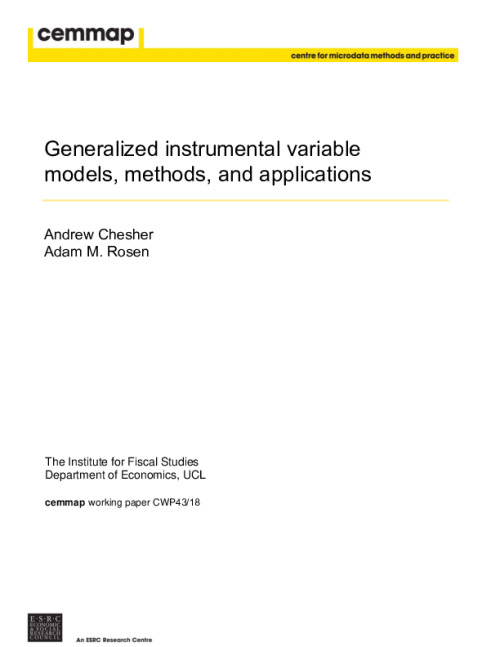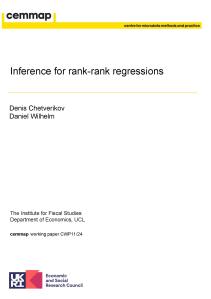This chapter sets out the extension of the scope of the classical IV model to cases in which unobserved variables are set-valued functions of observed variables. The resulting Generalized IV (GIV) models can be used when outcomes are discrete while unobserved variables are continuous, when there are rich specifications of heterogeneity as in random coefficient models, and when there are inequality restrictions constraining observed outcomes and unobserved variables. There are many other applications and classical IV models arise as a special case. The chapter provides characterizations of the identified sets delivered by GIV models. It gives details of the application of GIV analysis to models with an interval censored endogenous variable and to binary outcome models for example probit models with endogenous explanatory variables. It illustrates how the identified sets delivered by GIV models can be represented by moment inequality characterizations that have been the focus of recently developed methods for inference. An empirical application to a binary outcome model of female labor force participation is worked through in detail.











